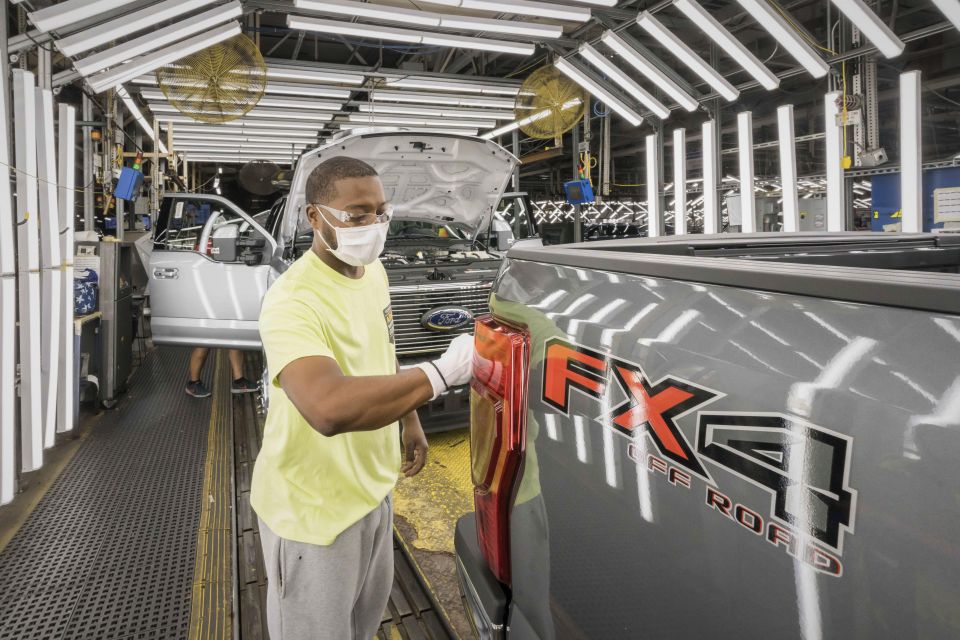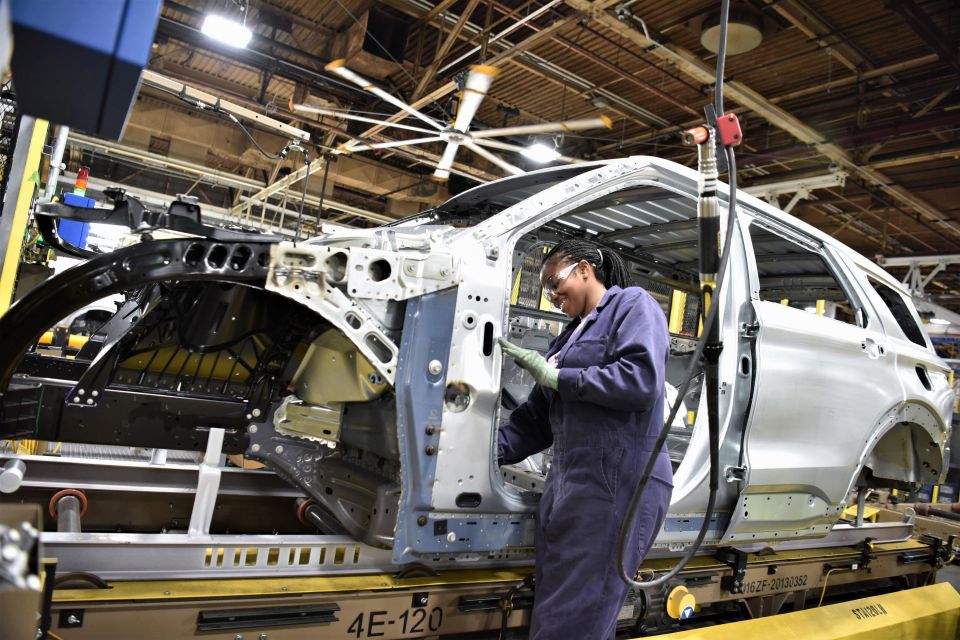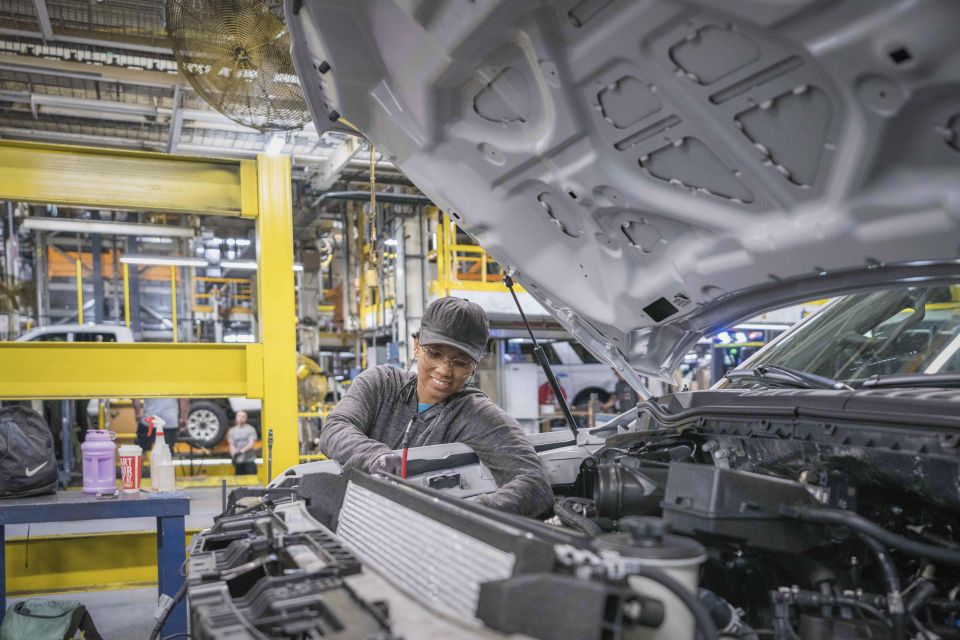

Jack Quick
7.9
6 Days Ago
After 41 days, Ford has reached a tentative agreement with striking workers, allowing workers to return and factories to reopen.

The nightmare might finally be ending for Ford, after the company and the United Auto Workers (UAW) union reached a tentative agreement – but not after the company has reportedly endured considerable losses.
After striking at Ford, General Motors and Stellantis for 41 days, the UAW and Ford have agreed on a new labour deal. A deal has yet to be reached between the UAW and GM and Stellantis, however.
Ford workers will now return to work ahead of a vote taking place on Sunday to ratify the agreement.
Automotive News reports it could take weeks for Ford to reopen affected plants in Michigan, Illinois and Kentucky, however, only adding to the financial wounds inflicted by the strike.

J.P. Morgan estimates Ford has lost just over a billion US dollars (A$1.58 billion) due to the strike action, with Ford themselves saying the total impact is closer to US$1.3 billion (A$2 billion).
Ford chief financial officer John Lawler said the strike forced the company to cancel production of 80,000 vehicles.
The new deal, the finance chief says, will increase the company’s labour costs by $850-900 ($1342-1421) per vehicle, but he promised the company will still be profitable.
Roughly 16,000 workers went on strike at Ford facilities alone.

The UAW said the agreement will result in Ford workers receiving more in base wage increases than they have in the past 22 years. The union says the automaker has put 50 per cent more in offers on the negotiating table since the initial walkout.
The union has also won the right to strike over plant closures.
After ratification, Ford workers will receive an immediate 11 per cent wage increase with those on base wages receiving a 25 per cent increase over the course of the agreement, which runs through April 2028.
Those on a top wage will see cumulative raises equaling over 30 per cent with their starting rate increasing by 68 per cent, and all workers will see the return of benefits that were originally phased out over the years.

The lowest-paid workers at Ford will see a massive 150 per cent increase in pay over the life of the agreement, with some lower-tier members at the Sterling Axle and Rawsonville plants seeing an immediate raise of 85 per cent.
The benefits being reinstated include cost-of-living allowances and a three-year wage progression system. Ford will abolish a controversial tiered wage system, and improve retirement benefits for both current and future retirees.
“For months we’ve said that record profits mean record contracts. And UAW family, our Stand Up Strike has delivered,” said UAW president Shawn Fain.
“We won things nobody thought possible. This agreement sets us on a new path to make things right at Ford, at the Big Three, and across the auto industry. Together, we are turning the tide for the working class in this country.”

Ford says it’s “pleased to have reached a tentative agreement on a new labour contract”.
“We are focused on restarting Kentucky Truck Plant, Michigan Assembly Plant and Chicago Assembly Plant, calling 20,000 Ford employees back to work and shipping our full lineup to our customers again,” the company said in a statement.
UAW workers have been striking at factories that produce some of the most popular vehicles produced by the American Big 3.

These include:
In addition to striking at production facilities, UAW members also continue to strike at parts distribution centres run by GM and Stellantis. At the end of September, they expanded their strike movement to include 38 additional facilities across 20 states.
It’s likely the deal with Ford will now put pressure on GM and Stellantis to finalise agreements with respective workers striking from those plants.
Take advantage of Australia's BIGGEST new car website to find a great deal on a Ford.


Jack Quick
7.9
6 Days Ago


Neil Briscoe
5 Days Ago


William Stopford
8.5
4 Days Ago


James Wong
7.9
3 Days Ago


Jack Quick
8.4
2 Days Ago


Matt Campbell
8.1
20 Hours Ago